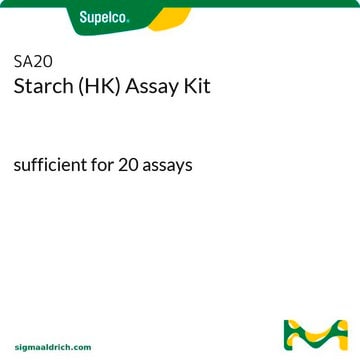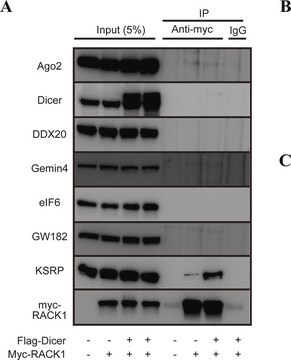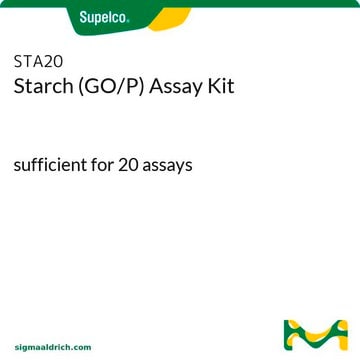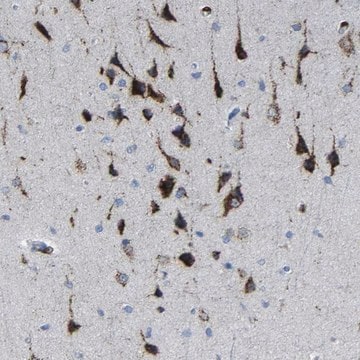All Photos(1)
About This Item
Linear Formula:
CH3CHF2
CAS Number:
Molecular Weight:
66.05
EC Number:
MDL number:
UNSPSC Code:
12142100
PubChem Substance ID:
NACRES:
NA.22
Recommended Products
vapor density
2.28 (vs air)
Assay
≥98%
bp
−25 °C (lit.)
mp
−117 °C (lit.)
SMILES string
CC(F)F
InChI
1S/C2H4F2/c1-2(3)4/h2H,1H3
InChI key
NPNPZTNLOVBDOC-UHFFFAOYSA-N
Packaging
Supplied in a Sure/Pac™ cylinder and has a brass needle valve with a male 1/4" NPTF outlet thread installed. Before using the cylinder, ensure that the valve is closed, then remove the galvanized steel hex cap that seals the outlet valve.
Compatible with the following:
Compatible with the following:
Legal Information
Aldrich is a registered trademark of Sigma-Aldrich Co. LLC
Sure/Pac is a trademark of Sigma-Aldrich Co. LLC
also commonly purchased with this product
Product No.
Description
Pricing
hose barb
Product No.
Description
Pricing
recommended
Product No.
Description
Pricing
regulator
Product No.
Description
Pricing
Signal Word
Danger
Hazard Statements
Precautionary Statements
Hazard Classifications
Flam. Gas 1A - Press. Gas Liquefied gas
Storage Class Code
2A - Gases
WGK
WGK 1
Flash Point(F)
Not applicable
Flash Point(C)
Not applicable
Personal Protective Equipment
dust mask type N95 (US), Eyeshields, Gloves
Certificates of Analysis (COA)
Search for Certificates of Analysis (COA) by entering the products Lot/Batch Number. Lot and Batch Numbers can be found on a product’s label following the words ‘Lot’ or ‘Batch’.
Already Own This Product?
Find documentation for the products that you have recently purchased in the Document Library.
Kaushal Joshi et al.
The American journal of forensic medicine and pathology, 38(2), 115-125 (2017-03-07)
Inhalant abuse is the intentional inhalation of chemical vapors to attain euphoric effects. Many common household products are abused by inhalation and one is 1,1-difluoroethane (DFE), which is a halogenated hydrocarbon used in refrigeration, dust-off spray, and airbrush painting. Although
Lena Ernstgård et al.
Toxicology letters, 225(1), 102-109 (2013-12-04)
Various hydrofluorocarbons (HFCs) have replaced the ozone-depleting chlorofluorocarbons and hydrochlorofluorocarbons during the last decades. The objective of this study was to examine the usefulness of blood and breath for exposure biomonitoring of HFCs. We compared data on blood and exhaled
Xiaochu Wang et al.
Langmuir : the ACS journal of surfaces and colloids, 22(22), 9251-9253 (2006-10-18)
Unusual sorption has been reported in thin polymer films exposed to near-critical CO2. When the supercritical fluid approaches the critical point, the film appears to thicken, but it is not clear whether the film swells or there is an adsorption
Kentaro Sakai et al.
Forensic science international, 206(1-3), e58-e61 (2010-09-30)
Spray cleaner is a cleaning product containing compressed 1,1-difluoroethane (HFC-152a) to blow dust off electric devices and other sensitive equipment; however, it is also inhaled to induce euphoria. This report describes three cases of death involving HFC-152a inhalation with spray
Chris Vance et al.
Journal of analytical toxicology, 36(9), 626-633 (2012-10-05)
Intentional abuse of 1,1-difluoroethane has been reported to cause transient symptoms such as confusion, tremors, pulmonary irritation, loss of consciousness and, rarely, coma. In the last five years, 17 cases from the San Diego County Medical Examiner's Office showed the
Our team of scientists has experience in all areas of research including Life Science, Material Science, Chemical Synthesis, Chromatography, Analytical and many others.
Contact Technical Service










